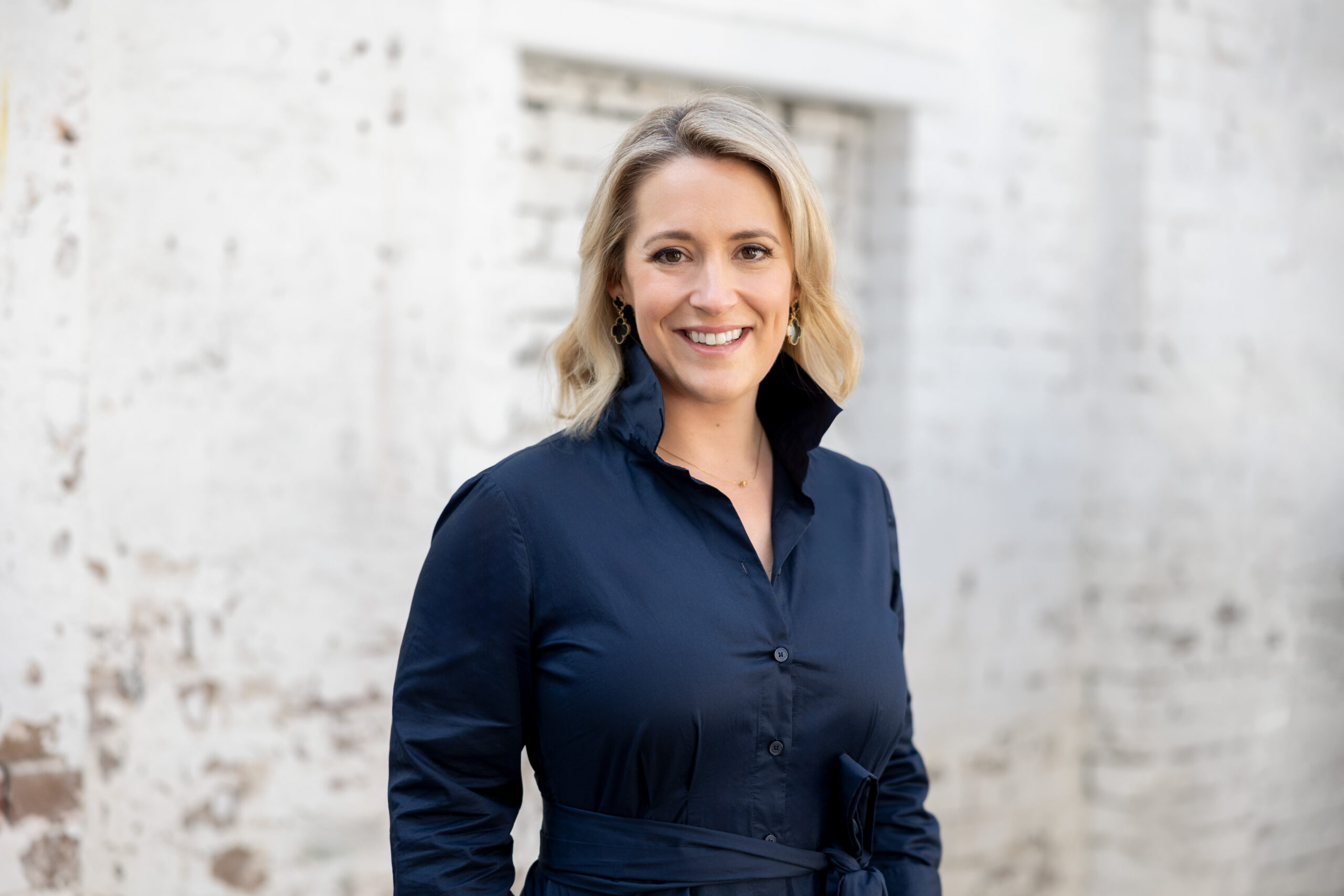
In Conversation with Clive Hutchison

Clive Hutchison is Head of Department, Design Industries at Canberra Institute of Technology.
I have only taken up this position in recent days but for the past three years held the position of Head of Academic Studies, Photo Imaging at CATC Design School. The School delivers the Diploma of Photo Imaging in Melbourne, Sydney, Brisbane and online.
Photography and education have been the most consistent and dominant aspects of my professional life with a dabbling into video production along the way. The highlights have been completing a masters degree in Creative Arts, producing educational language videos in Indonesia, writing courses in photography and having my teaching recognised with national awards. The masters’ research allowed me to interview and photograph some of Queensland’s most influential photographers as well as taking me to remote parts of PNG and Cape York. However my sixteen year involvement with students in higher education has been the most rewarding experience. Being a part of the student journey, watching them grow, achieve, and develop their careers and find their place in life has no peer.
Who or what inspires you?
There is a long list of those who have guided and influenced me. Initially in the seventies I attended Prahran College of Advanced Education. It was the most exciting place in Australia to study photography. The staff include such influential luminaries as Athol Shmith, John Cato, and Paul Cox and fellow students included Rennie Ellis, Phillip Quirk, Glen O’Malley and many others who went on to shape the scene in Melbourne and nationally.
What inspires me today and over recent years is students discovering their creative direction and passion and then achieving recognition and success.
How did you get your first break?
I have had lots of breaks and experienced several careers. Each set of experiences usually building on the other. The first real break in commercial photography was to work for Clemenger Advertising as their resident photographer in Melbourne. This came on the back of struggling as a freelancer for a couple of years after graduating. Looking back I know that I lacked sufficient quality in my folio to attract the type of work I was after. I would have been better off to assist for a year or two and build my craft and a more polished range of images. Although much of the photographic work I undertook at Clemenger was uninspiring I got a real inside view of the industry and through volume and repetition became an expert at lighting set up, camera craft and communicating with a wide range of industry people.
What I consider my other big break was to become involved in photographic education. Starting as Associate lecturer and eventually advancing to Senior lecturer at James Cook University in Townsville.
Tell us what you are currently working on?
As I am currently in vocational education and working on curriculum development and the quality of the student experience leading to employment. My goal is to ensure that students understand their industry sector and know how to work collaboratively with others from differing disciplines within that industry. Wherever possible I support experiences that take students beyond the classroom to work on real world projects that prepare them for either further study or the world of work. Whatever they learn it must be current and relevant.
Top tips for picking the right courses to study?
- Ensure that the course is accredited under the AQF (Australian Qualifications Framework)
- Consider the people who are delivering the course. Are they either actively involved as industry experts/practitioners and/or have they received recognition for their teaching?
- Take the time to attend graduate student exhibitions, look at the work and talk to staff and students about their experiences
- Ask why you should study there (as opposed to anywhere else)
- Don’t be seduced by accelerated course duration; often something is missing
- Whatever course you choose make sure that you have the required pre-requisites (incoming knowledge and skills) otherwise you will be under pressure right from the start. You might need to do a preparatory course to get off to a flying start.
- Before enrolling in a part time or online course ask yourself if you have the self-discipline to study for longer and often with a lower level of support. Attrition from courses in this form is often much higher.
Share it around…






